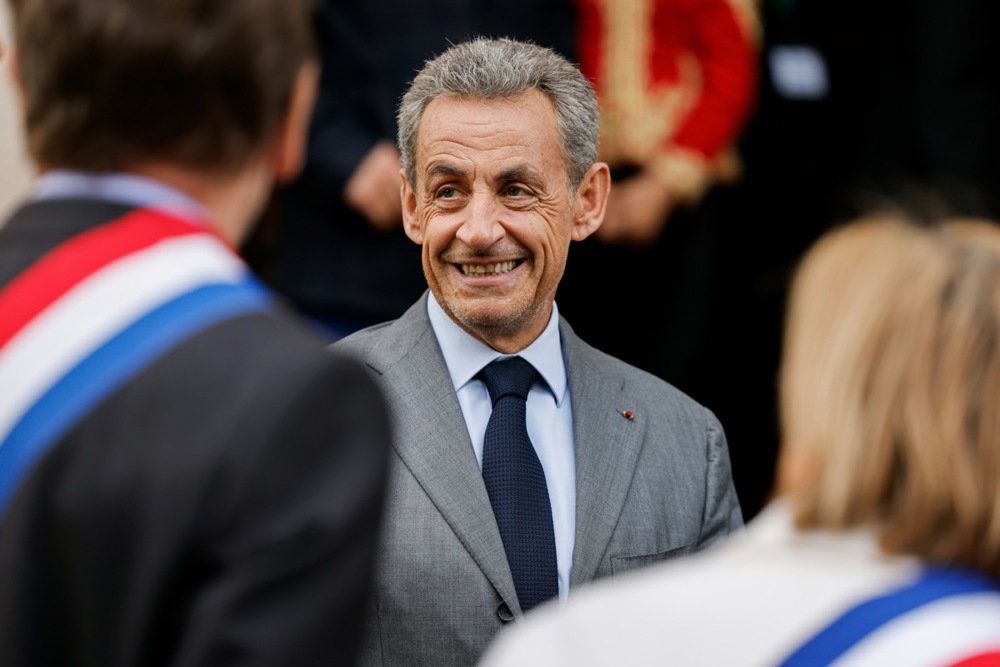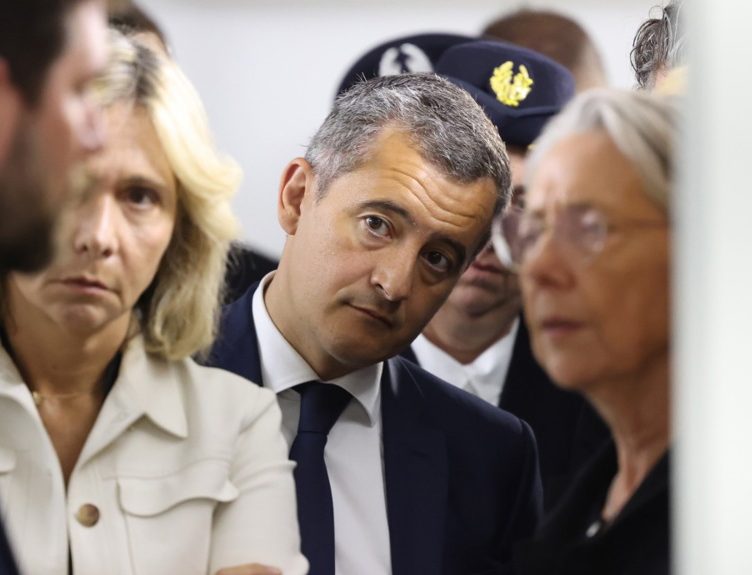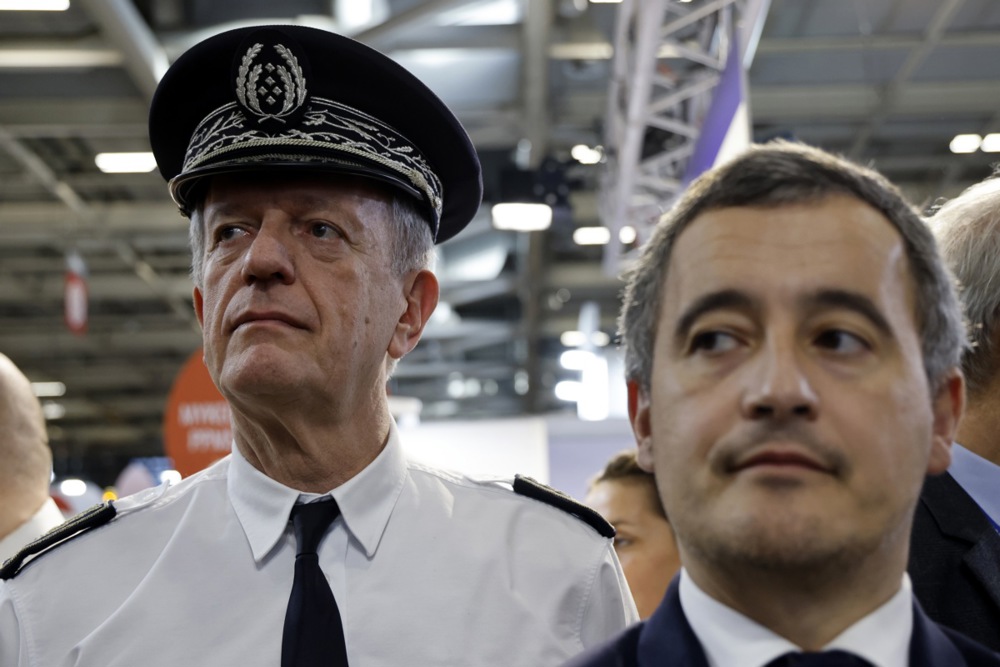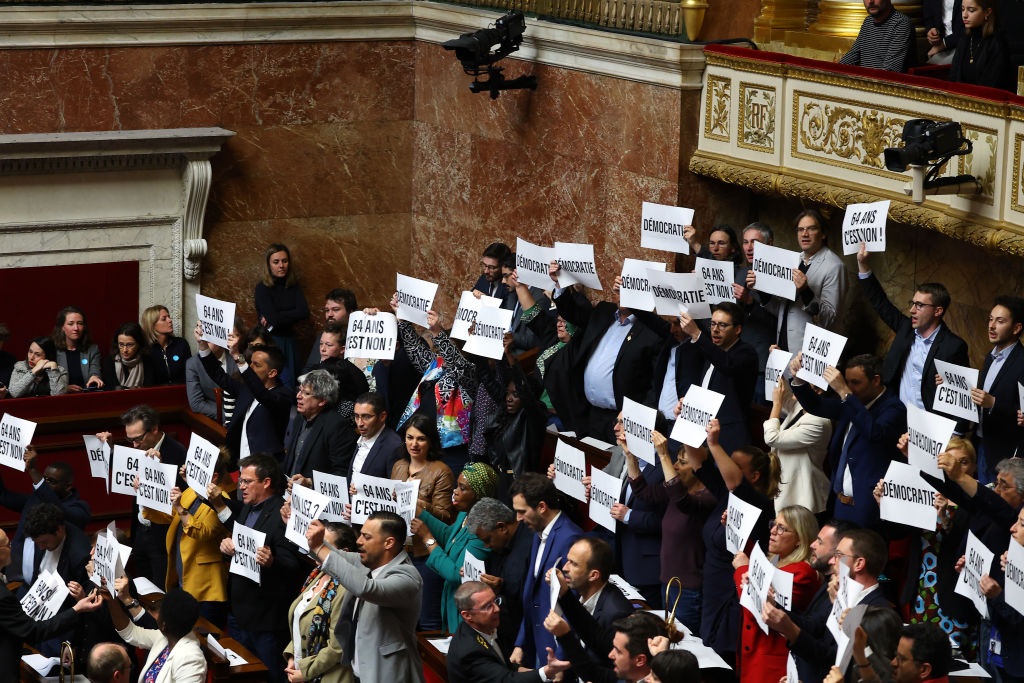Internal struggles and power-plays are in store for the French hard-left as they look to the 2027 general elections.
While President Emmanuel Macron is not yet two years into his second five-year term, France’s unstable political situation and Macron’s ineligibility to run for a second term mean many groups are now scrambling to prepare their candidates to replace him.
With figures such as the centrist interior minister Gérald Darmanin already declaring and making moves to try to realise their ambitions, the French hard-left is no exception.
However, their firebrand leader Jean-Luc Mélenchon has thrown a spanner in the works by declaring that he “wants to be replaced” as lead candidate for the 2027 presidential election although many doubt his sincerity.
Mélenchon’s declaration still triggered a cascade of responses from potential successors. Despite scepticism over his true intentions, some have chosen to take him at his word, unleashing a behind-the-scenes frenzy of consultations and preparations.
NUPES (New Popular Ecological and Social Union), which Mélenchon heads up, is the second-biggest faction in the French National Assembly and is currently topping the polls. It is also a broad and diverse electoral alliance, representing a wide spectrum of small left-wing parties.
With many party conventions scheduled over the rest of August, the coming weeks will see the French Left’s factions decide their positions for the coming period.
The leading candidate to replace Mélenchon is François Ruffin, a prominent member of Mélenchon’s La France Insoumise party. Despite expressing readiness to assume leadership, he has emphasised that he will not engage in direct confrontation with Mélenchon.
The path forward remains murky due to its inherent complexities. Those around Mélenchon remain hesitant to rule out any possibilities, acknowledging him as the undisputed favourite among left-wing contenders. This, in turn, creates a challenge for potential successors in strategising their next move.
Still, some say pragmatic reality might take precedence. Rumblings from within the more centre-left Socialist Party suggest that Mélenchon may not have the full support of his own left-wing coalition.
As the jockeying intensifies, key figures are appearing with distinct strengths and weaknesses.
From the Socialist Party, Carole Delga is emerging as a key candidate who espouses moderation, even proposing potential alliances with the Macron’s centrist liberals. While Delga is popular and renowned for her regional leadership in Occitan, or Provençal, in the South of France, she may struggle to win national recognition.
Elsewhere, former prime minister Bernard Cazeneuve is a strong contender for the moderate faction, although his perceived association with the austerity of former president François Hollande’s government dampens support among the more fervent factions of the Left.
The Greens’ Éric Piolle, who is Mayor of Grenoble, presents himself as a bridge between radical and moderate factions although his position is weakened by his failure to secure 2022 presidential candidate status for his party in its primary.
The French Left’s internal strife serves as a precursor to what will likely be a fiercely contested 2027 presidential election. While Mélenchon’s shadow looms large, a battleground for future leadership is unfolding, with contenders fighting to secure the mantle and shape the course of the Left’s political trajectory.





